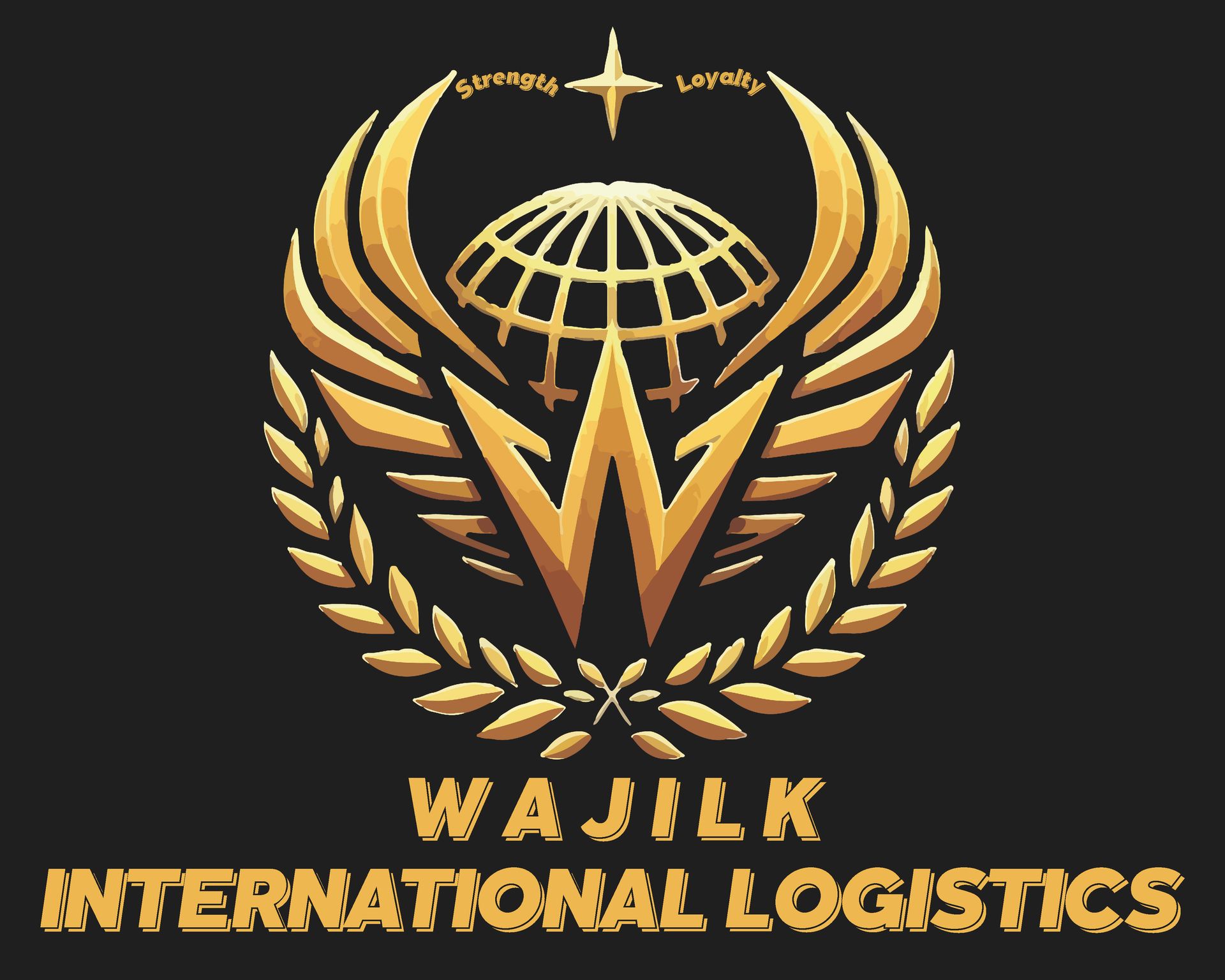Understanding Car Transportation Regulations in the United States
Introduction to Car Transportation Regulations
Car transportation in the United States is a complex process governed by various regulations to ensure safety, efficiency, and environmental protection. Whether you're moving a vehicle across state lines or shipping it internationally, understanding these regulations is crucial. This guide provides an overview of the key regulations affecting car transportation to help you navigate the process smoothly.

Federal Regulations Governing Car Transportation
The U.S. Department of Transportation (DOT) and the Federal Motor Carrier Safety Administration (FMCSA) are the primary federal agencies overseeing vehicle transportation. These organizations establish rules that cover everything from driver qualifications to vehicle safety standards. Compliance with these regulations is mandatory for all car transportation companies operating across state lines.
Key Federal Requirements
Some of the key federal requirements include:
- Licensing and Insurance: Transport companies must possess a valid DOT number and FMCSA authorization. They are also required to carry adequate insurance coverage.
- Driver Qualifications: Drivers must hold a Commercial Driver's License (CDL) and meet specific health and safety standards.
- Vehicle Safety Standards: Vehicles used for transport must undergo regular inspections and maintenance to ensure they meet safety standards.
State-Level Regulations
Apart from federal regulations, each state in the U.S. has its own set of rules governing car transportation. These regulations may include specific licensing requirements, emission standards, and additional insurance mandates. It's essential for transport companies to be aware of and comply with these state-specific regulations to avoid penalties.

Navigating State-Specific Rules
While federal regulations provide a broad framework, state regulations can vary significantly. For instance, California has stringent emission standards that impact vehicle transportation companies. Understanding and adhering to these state-specific rules is vital for ensuring compliance and avoiding disruptions in service.
The Role of the Environmental Protection Agency (EPA)
The EPA plays a crucial role in regulating emissions from vehicles involved in transportation. The agency enforces standards that limit pollutants, ensuring that transportation practices do not harm the environment. Companies must comply with these standards to operate legally within the U.S.
Impact of EPA Standards on Transport Companies
Transport companies need to invest in more environmentally friendly technologies and practices to meet EPA standards. This includes using cleaner fuels, upgrading older vehicles, and implementing efficient route planning to reduce emissions.

International Car Transportation Regulations
For those looking to ship vehicles overseas, international regulations come into play. These regulations are often more complex, involving customs documentation, tariffs, and adherence to the receiving country's import laws. It's advisable to work with experienced international shipping companies to handle these intricate requirements effectively.
Preparing for International Shipping
When preparing for international shipping, consider the following steps:
- Select a Reputable Shipping Company: Choose a company with experience in international car transport.
- Understand Customs Requirements: Each country has unique customs procedures that must be followed.
- Prepare Necessary Documentation: Ensure all paperwork is completed accurately to avoid delays.
Conclusion
Navigating car transportation regulations in the United States requires a comprehensive understanding of both federal and state-level rules, as well as environmental considerations. For international shipments, additional layers of complexity arise. By staying informed about these regulations and partnering with knowledgeable transport companies, individuals and businesses can ensure a smooth and compliant vehicle transportation process.
